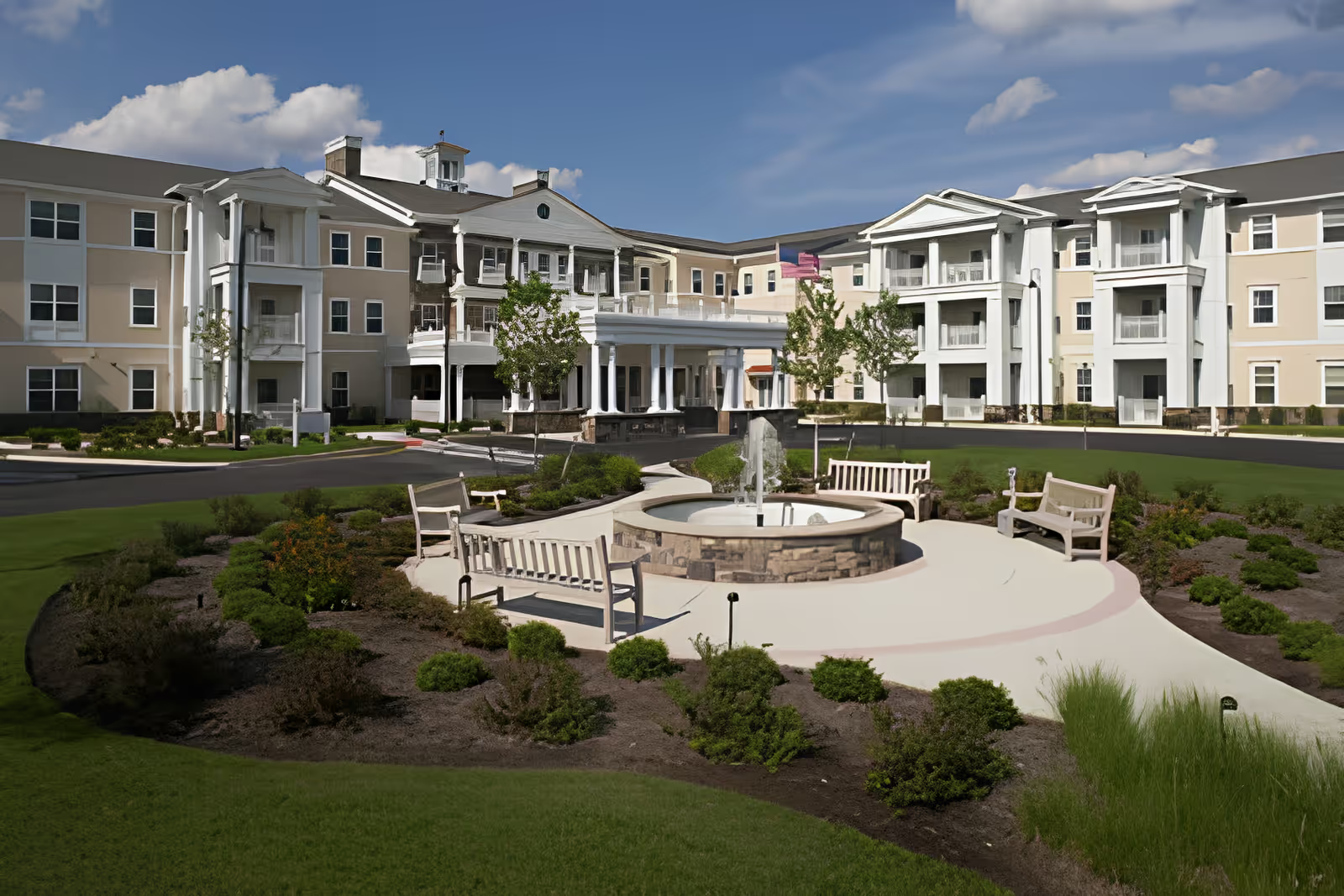Overall sentiment across the reviews for Lanessa Extended Care is highly mixed and polarized: many families and residents report deeply positive personal interactions and meaningful progress in rehabilitation, while numerous others describe systemic lapses in clinical care, staffing, and management responsiveness. The positive reports consistently highlight compassionate, individual caregivers and activity staff who create a warm, engaging environment. Specific strengths mentioned multiple times include attentive frontline caregivers who provide personalized touches (painting nails, arranging Zoom visits), effective rehab services that helped residents regain mobility (walking again with a walker), and creative activities programming supported by musicians and visible art. Several reviewers expressed gratitude and described long-term reliability and high-quality day-to-day care from particular staff members, and some named employees (for example, Krystal) or providers (a praised nurse practitioner) as sources of consistently good care. Social media engagement and family-facing communication around activities were also noted as positive aspects that help families feel connected.
However, a significant body of reviews raises serious concerns about staffing levels, basic nursing practices, and leadership responsiveness. Multiple accounts describe chronic short-staffing—especially during holidays—and frontline workers being stretched to the “bare minimum.” These conditions are linked to missed medications (including a report involving IV antibiotics), dressings not changed as ordered, residents not being showered, and call buttons that either do not work or go unanswered for long periods. Several reviewers reported absent fall-prevention measures (no bed alarms or rails), broken equipment, and at least one instance where a resident fell and was injured—comments that indicate gaps in both policy and implementation of safety protocols. Reports of feeding and hydration neglect, resulting in dehydration and hospital transfers, and of residents being kept sedated or sleepy all day were among the most serious clinical concerns raised.
Communication and management responsiveness emerge as another recurring problem area. Families describe attempts to reach administrators or the Director of Nursing and getting no callbacks or follow-up; appeals or corporate customer service were labeled rude in at least one instance. This perceived lack of accountability compounds the impact of clinical and staffing failures—when problems are reported, families often feel ignored, which heightens dissatisfaction. Yet this criticism is not universal: some reviews explicitly praise coordinated care and responsive front-desk interactions, indicating that management and communication practices are uneven and potentially dependent on shift, team, or specific individuals.
Facility-level observations are mixed as well. On the positive side, reviewers mention an inviting environment with art, visiting musicians, and engaging activities that enhance quality of life. Conversely, some families reported dirty conditions and long waits for assistance, and a few characterized their overall experience as the "worst place," indicating that environment and service quality can be highly variable across residents and time. Several reviewers noted practical administrative problems—such as residents overstaying a temporary evaluation placement or diet issues prompting families to seek relocation—further signaling inconsistencies in placement management and dietary care.
Taken together, the pattern suggests that Lanessa Extended Care has pockets of very good, person-centered caregiving and effective rehabilitation programming, but also suffers from systemic issues that can jeopardize resident safety and family trust. The most frequently recurring risks described are short staffing, missed medications and basic nursing tasks, inadequate fall and safety protocols, and unresponsive leadership. Families considering Lanessa should weigh the positive testimonials about compassionate caregivers and effective rehab against the repeated accounts of clinical lapses and management unresponsiveness. For current families, these reviews support asking specific operational questions (staffing ratios, med administration checks, fall-prevention protocols, call-button maintenance, and escalation/communication procedures) and documenting concerns in writing to administrators to create a paper trail. For the facility, addressing staffing stability, medication administration reliability, safety protocols, and responsiveness to family concerns would address the most consistent and severe criticisms described in these reviews.







